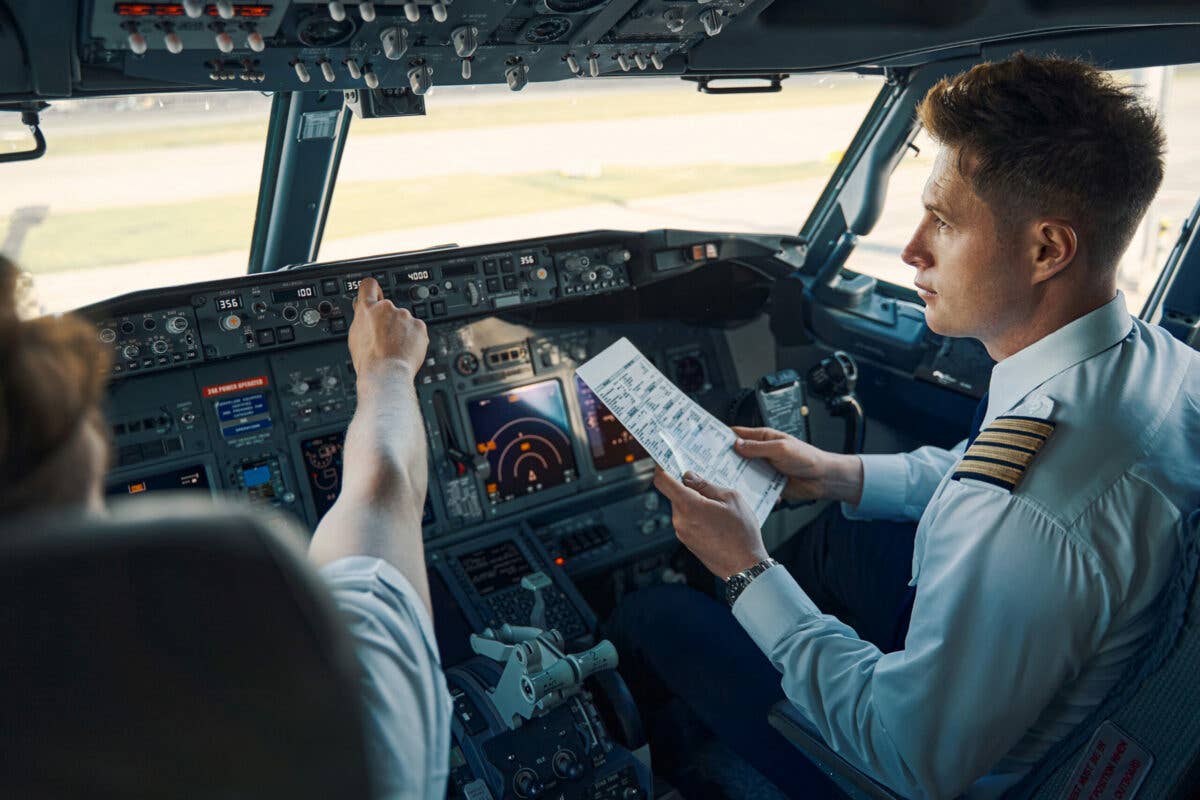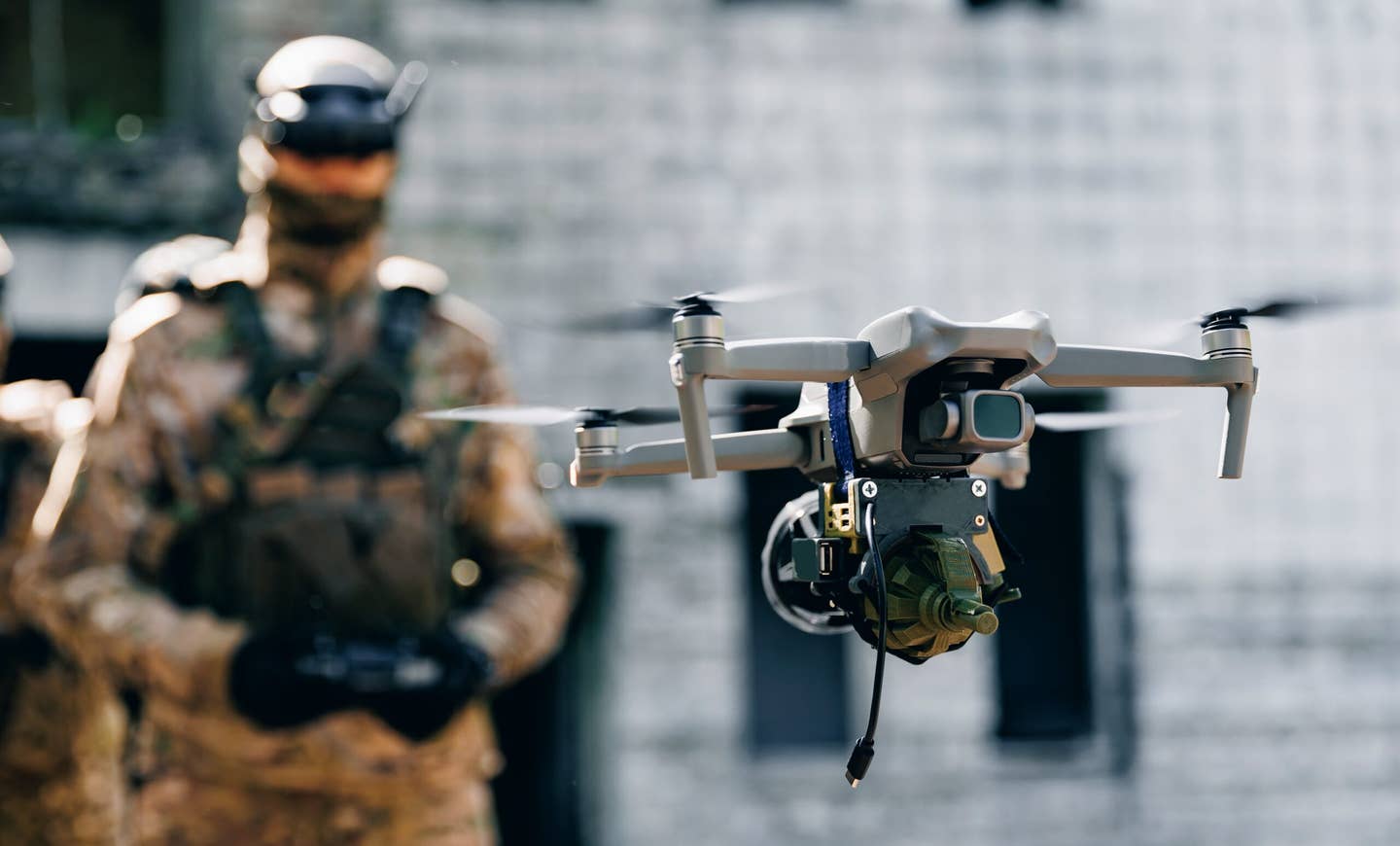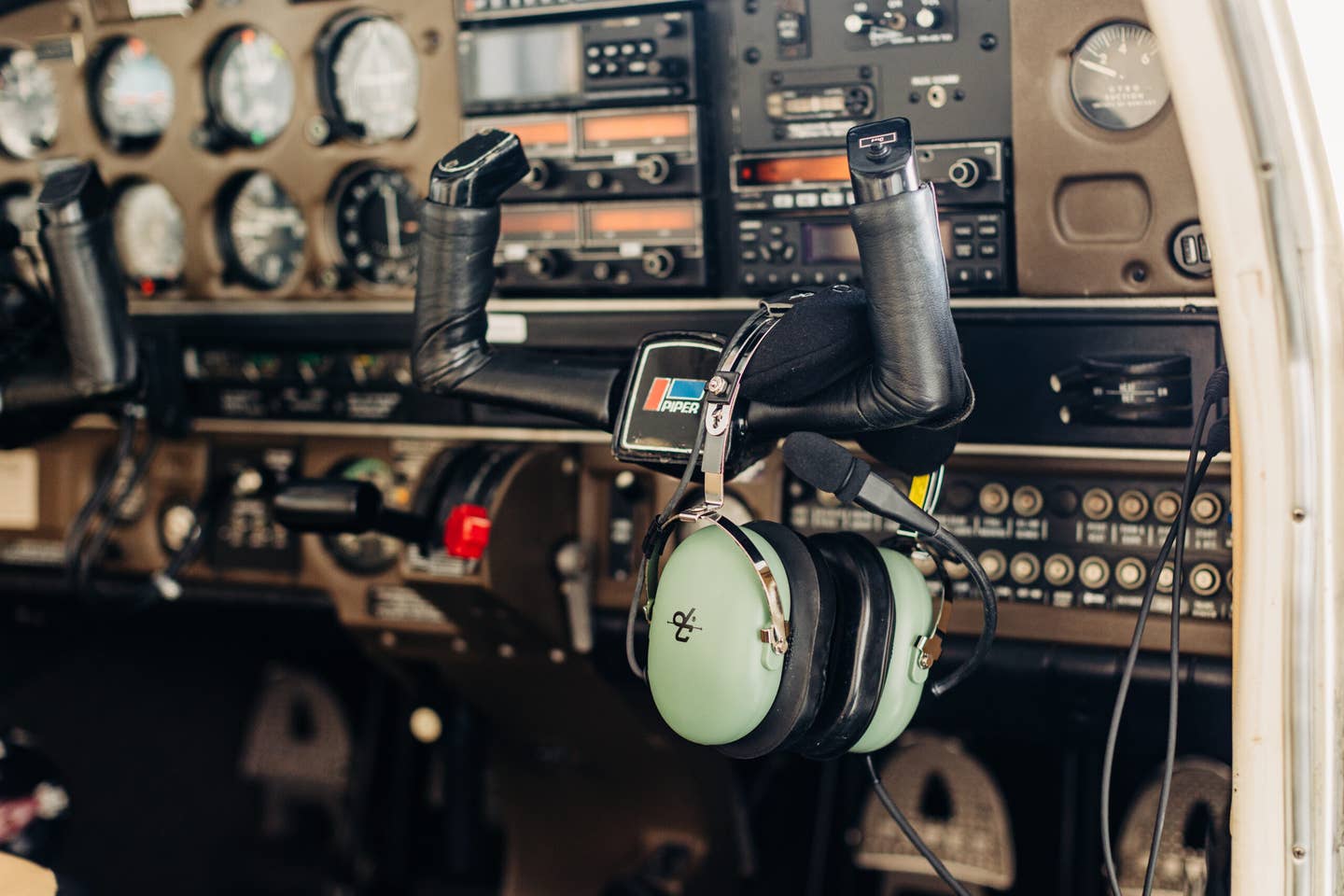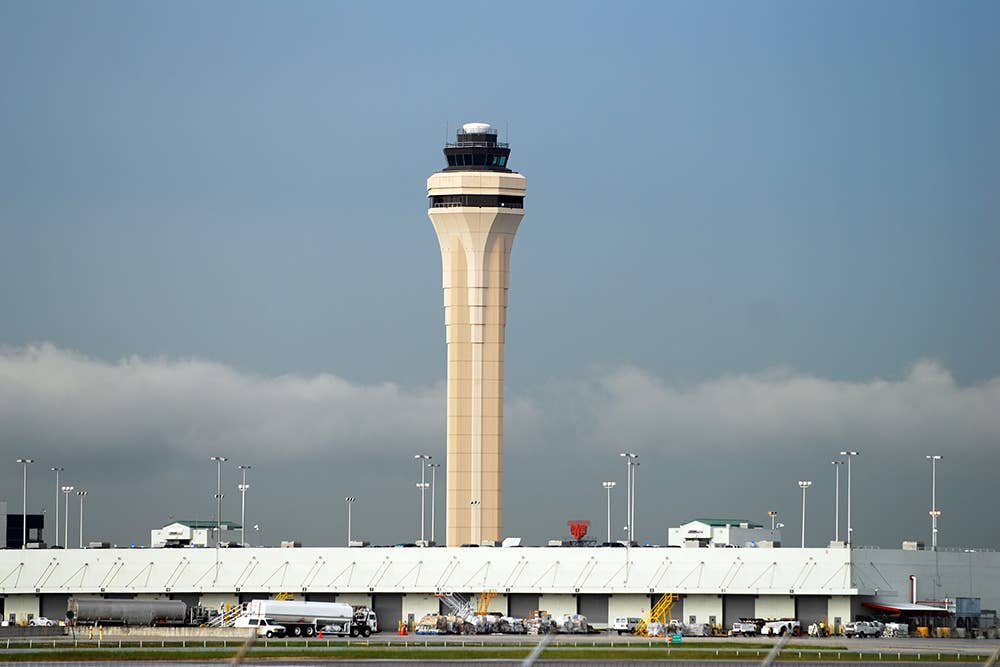FAA Proposed Rule Targets Turbine, Turboprop, and Piston Aircraft Fuel Efficiency
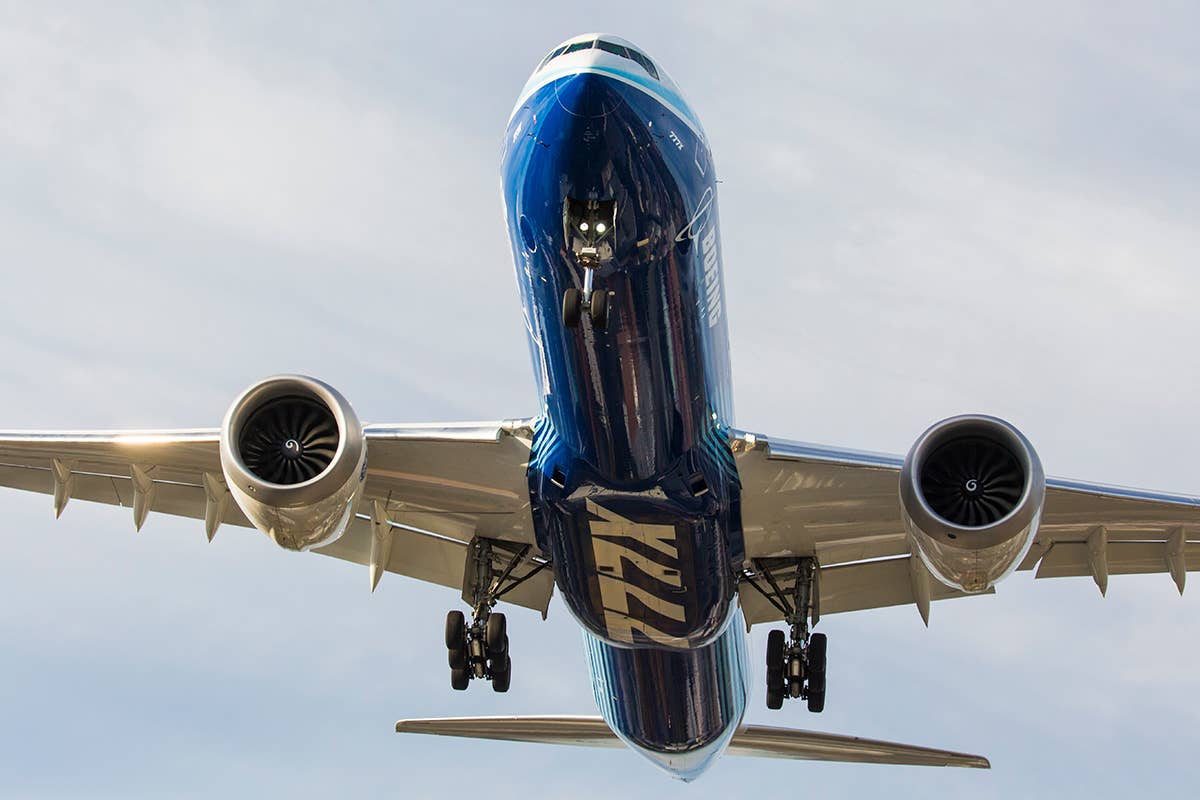
Large, transport category aircraft with type certification applied for as of January 11, 2021—such as the Boeing 777-X—would be affected by the rule if enacted as proposed. [File photo: Shutterstock]
The FAA has published a notice of proposed rulemaking (NPRM) that will require aircraft manufacturers to improve fuel efficiency targets for a wide range of turbine, turboprop, and piston aircraft—both those still on the drawing board as well as those currently type certificated and those to be manufactured as of January 1, 2028.
The NPRM states the purpose of the proposed rule is to set “fuel efficiency requirements for certification of certain airplanes. These certification requirements would implement the emissions standards adopted by the Environmental Protection Agency, allowing manufacturers to certificate their aircraft for fuel efficiency in the United States, and fulfilling the statutory obligations of the FAA under the Clean Air Act.”
Climate Change Targets
The NPRM clearly forms the next step in moving forward on the Biden administration’s goals targeting climate change and the reduction of carbon-based emissions. The action is also part of the U.S. Aviation Climate Action Plan.
“Today is an important step forward in reducing the amount of greenhouse gas emissions released by our nation’s airplanes and ultimately reaching President Biden’s ambitious goal of net-zero emissions by 2050,” said U.S. Transportation Secretary Pete Buttigieg.
The general aviation industry has already been working towards a net-zero carbon emissions goal for 2050, such as the pledge made at the National Business Aviation Association’s Business Aviation Convention and Expo in October 2021.
Pete Bunce, president and CEO of the General Aviation Manufacturers Association (GAMA), told FLYING that his group is in favor of the FAA's notice.
“GAMA is very pleased that the FAA is moving forward on these certification standards as this puts the U.S. in sync with ICAO’s CO2 standards and will keep the industry competitive in the global marketplace," he said. "Our industry remains dedicated on our bold commitment to net-zero carbon emissions by 2050, which can be achieved by focusing on new and ongoing technological advancements, sustainable aviation fuels (SAF), improvements to infrastructure and operations, and global market-based measures.
"We are committed to a strong partnership with government and other stakeholders to achieve these environmental goals.”
The National Business Aviation Association (NBAA) is taking a measured approach to the news. "NBAA will review the FAA's proposal, with an understanding that while business aviation emissions account for a very small fraction of all transportation emissions, we are continually pushing forward with an aggressive agenda to reach zero net carbon emissions by 2050," said Dan Hubbard, senior vice president of communications for NBAA, in a statement to FLYING. "This agenda, outlined in our Business Aviation Commitment on Climate Change, builds on our decades-long record in continuous emissions reduction."
The FAA has already announced more than $100 million in matching research contracts to both increase aircraft fuel efficiency and reduce noise footprints. The proposed rule also builds upon the administration's Sustainable Aviation Fuels Grand Challenge announced last year.
Examples of aircraft covered by the rule, if enacted, include those Part 25 and transport category airplanes and large turboprop and propeller aircraft that have applied for type certification on or after January 11, 2021, such as the:
- Boeing 777-X
- Boeing 787
- Airbus A330-neo
- Business jets such as the Cessna Citation series
- Turboprop aircraft such as the ATR 72 and Viking Limited Q400
Aircraft already in service would not be affected by the rule. Small aircraft with type certificates applied for on or after January 1, 2023, would also fall under the rule if enacted as proposed.
The FAA will close the NPRM to comments on August 15, 2022.

Sign-up for newsletters & special offers!
Get the latest FLYING stories & special offers delivered directly to your inbox

